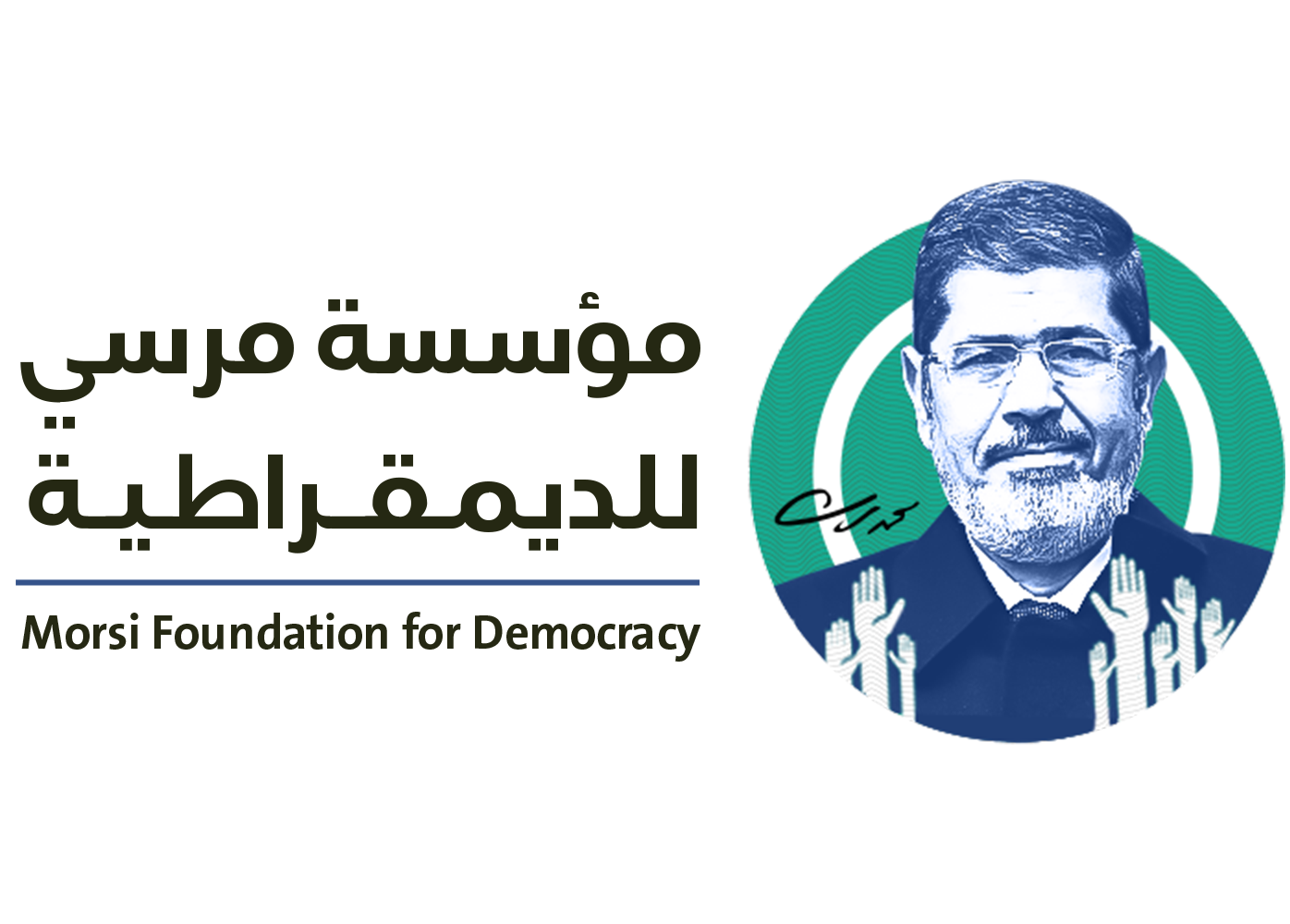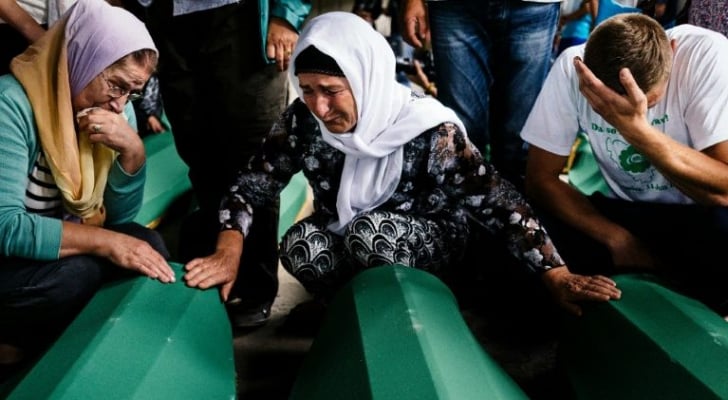The trial of the former Kosovo leader Hashim Thaçi and three others on charges of war crimes and crimes against humanity highlights the ongoing need for justice 24 years after the Kosovo war, Human Rights Watch said today. The trial, taking place before the Kosovo Specialist Chambers in The Hague, begins on April 3, 2023.
Thaçi, Kosovo’s former president and prime minister, is charged along with three other senior members of the Kosovo Liberation Army (KLA), all senior politicians in Kosovo, for crimes during and just after the 1998-99 Kosovo conflict, including in northern Albania. The KLA fought Serbian and Yugoslav forces until a 78-day NATO air campaign forced those forces from Kosovo. Thaçi resigned as president after the charges were brought in November 2020 and was promptly transferred to The Hague.
“This trial is of four people accused of committing terrible crimes during and after the war, when the fighting had stopped, including against people from various ethnic groups,” said Hugh Williamson, Europe and Central Asia director at Human Rights Watch. “It offers a chance after so many years for the victims to learn what happened and highlights the pervasive impunity that still hangs over the Kosovo conflict, and more broadly over the wars in the former Yugoslavia.”
The Kosovo conflict was marked by a litany of war crimes, the overwhelming majority by Serbian and Yugoslav forces, including murders, rapes, torture, forced displacement, and the organized transfer of more than 1,000 bodies to Serbia, where they were dumped in mass graves. The Serbian government has consistently refused to disclose the locations of all burial sites. Only a small number of Serbian military and political leaders have faced trial for war crimes in the Kosovo conflict, including former Serbian and Yugoslav President Slobodan Milosevic.
The unique court, The Kosovo Specialist Chambers, is part of Kosovo’s judicial system, after the Kosovo Assembly passed a new law and changed its constitution, but is based in the Netherlands due to the record of threats and violence against witnesses in other cases against KLA members, including at least one death. It employs international staff, as well as judges, prosecutors, and the registrar due to concerns about leaks and witness intimidation.
The defendants are charged with four counts of war crimes and six counts of crimes against humanity, including murder, enforced disappearances, persecution, and torture. The prosecutor alleges that Thaçi, Kadri Veseli, former head of the KLA’s intelligence service, Rexhep Selimi, head of the KLA’s operational directorate, and Jakup Krasniqi, member of the KLA’s political directorate, formed part of a joint criminal enterprise to control Kosovo by “unlawfully intimidating, mistreating, committing violence against, and removing those deemed to be opponents.” The victims of these alleged crimes include Serbs, Roma, and ethnic Albanians who were considered collaborators with Serbian forces or political opponents of the KLA.
Witness protection is especially important for this trial given the challenges with witness intimidation in other cases against former KLA members, Human Rights Watch said. The court should also conduct sustained outreach in Kosovo and Serbia to keep the public regularly informed about the case and the principle of individual criminal responsibility.
More than 1,600 people remain missing from the Kosovo conflict, according to the United Nations and the International Committee of the Red Cross. More than 400 of these cases concern disappearances after the war ended.



